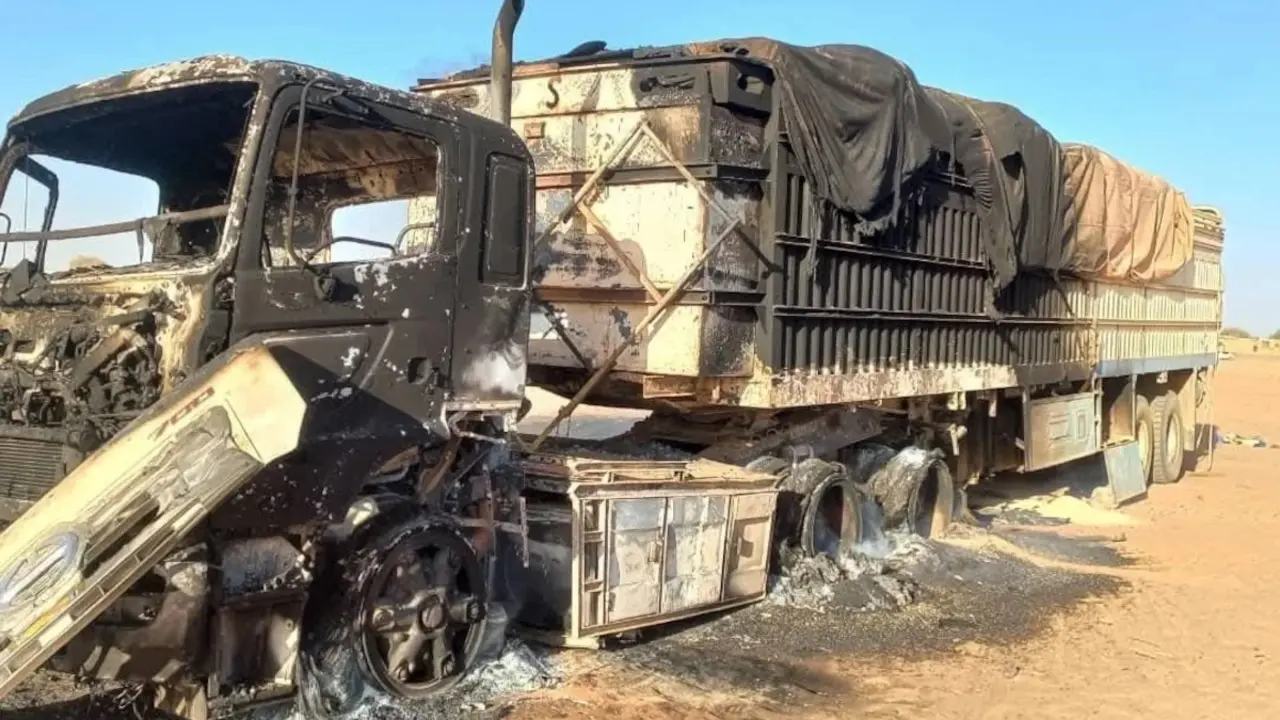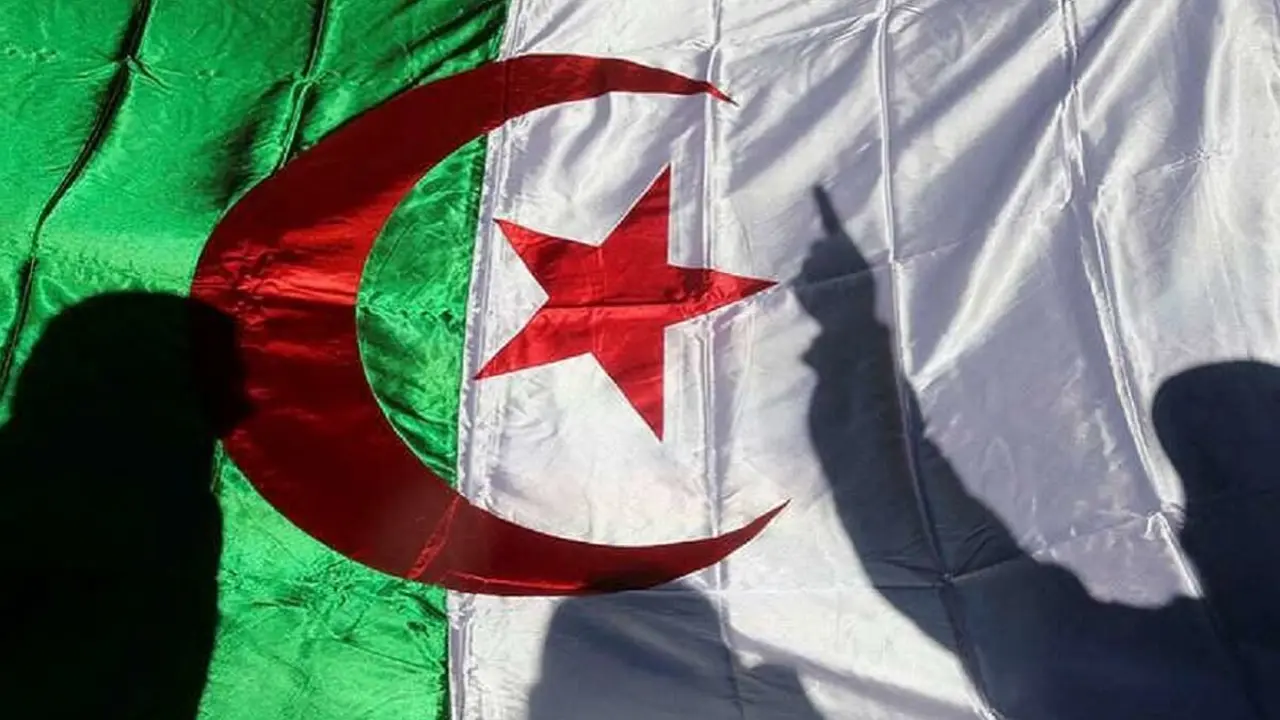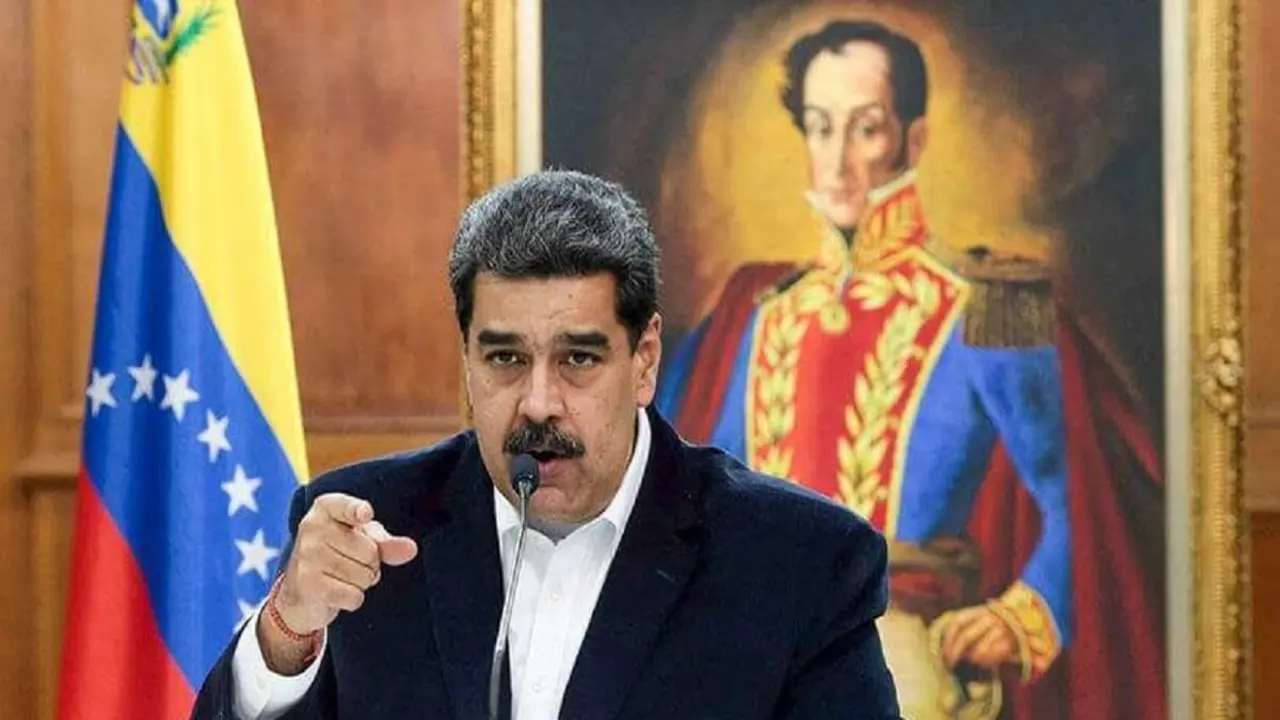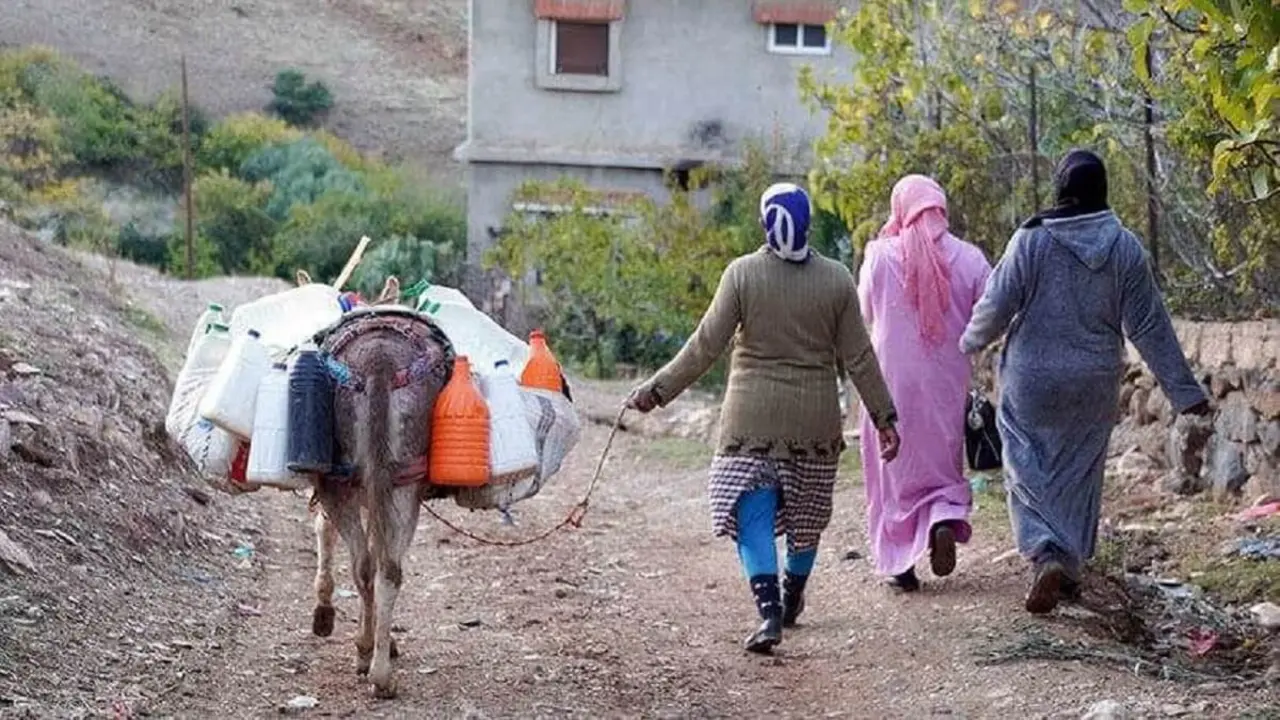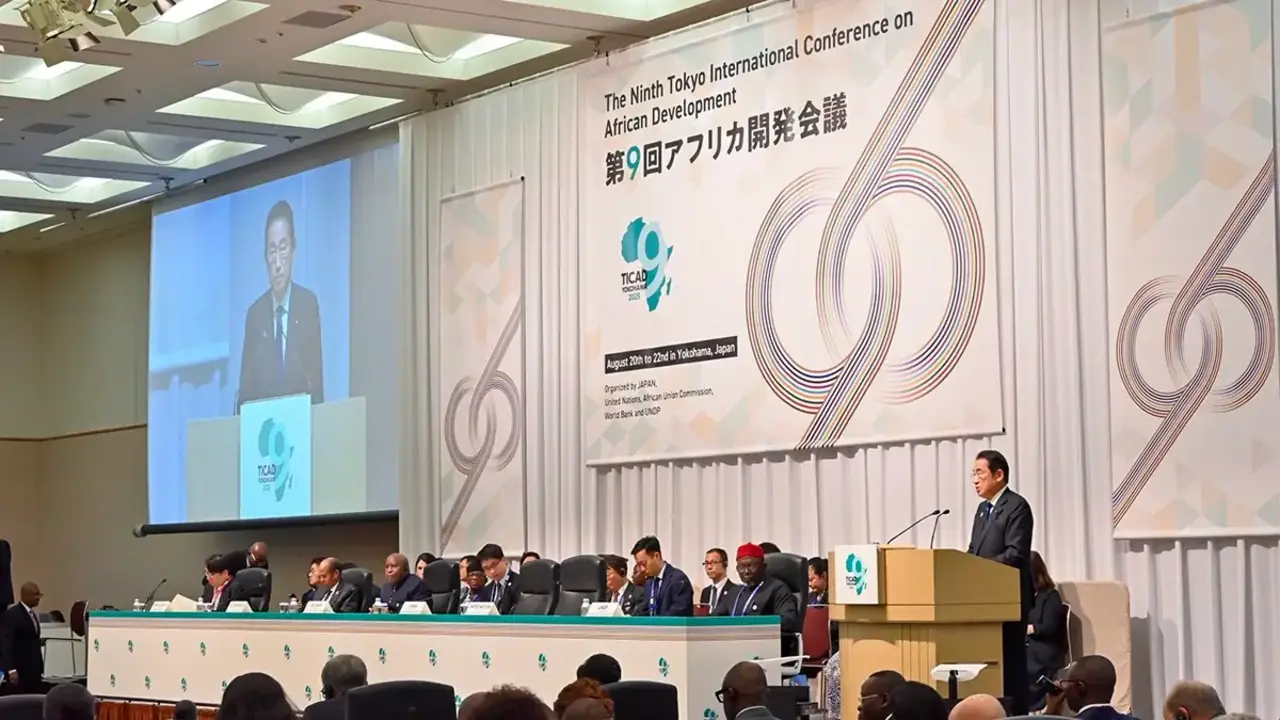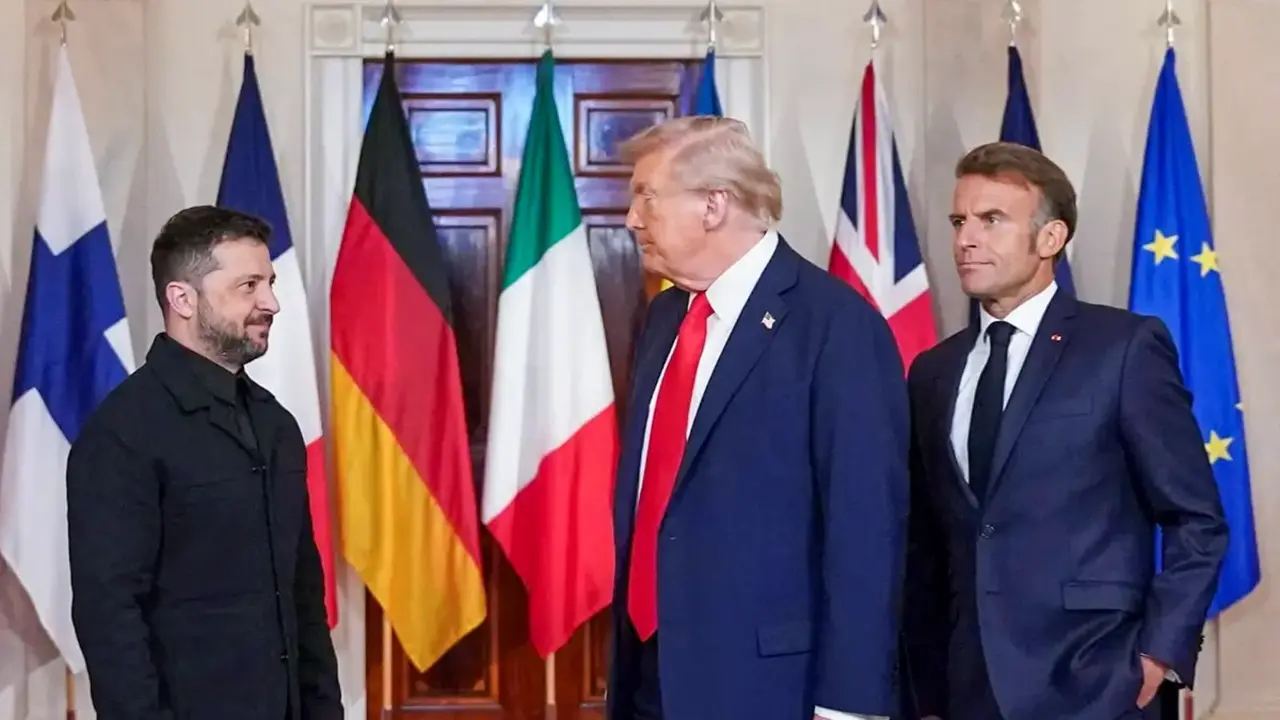Syria, an ongoing fight against the rebels
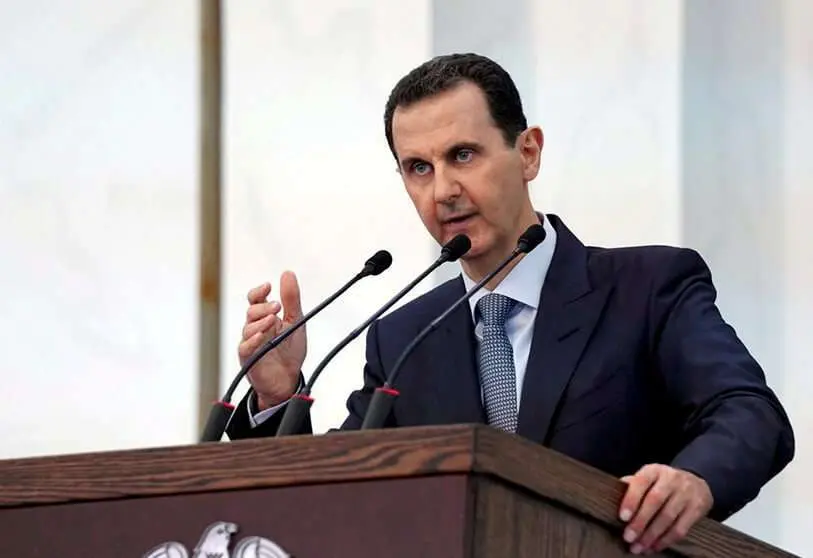
Deraa, the city that was the cradle of the revolution in 2011, has been in the limelight again these days due to new clashes between rebel groups and government forces. The situation there deteriorated sharply when on 26 May the local population decided to boycott the presidential elections, in which the eternal president Bashar al-Assad emerged victorious with 95% of the vote.
The election boycott raised the alarm of a possible insurrection in this region, one of the biggest rebel strongholds during the civil war that is still going on and which the Syrian regime failed to control until 2018. The Syrian army, backed by Russia, retook control of the city of Deraa, as well as the southwestern province of the same name, from the rebels after seven years of war.

Under a reconciliation agreement brokered by Moscow in July 2018, rebels based in Deraa agreed to surrender their weapons and, unlike other opposition areas recaptured by Assad, most of the city's inhabitants remained in their homes rather than being bussed to Idlib province on the border with Turkey, the last rebel stronghold. Despite this agreement, two years later, the Syrian regime is wary of the loyalty of the citizens of the city of Deraa, especially after the boycott and protests that took place in this region following the presidential elections last May. Thousands of protesters gathered in Deraa al-Balad and elsewhere in the region to denounce the "falsity" of the elections and demand an end to the regime.
This has had its consequences: since the end of June, the Syrian army has surrounded the district of Deraa al-Balad, according to the Damascus government, as a result of the rebels' refusal to hand over their light weapons and allow the creation of checkpoints for forces loyal to Al-Assad in Deraa al-Balad. "Tens of thousands of civilians in the city of Deraa are on the brink of a humanitarian crisis after being under siege by regime forces and Russia, which have begun indiscriminate shelling of residential neighbourhoods in the district," the Syrian Civil Defence, or as it is commonly known the famous White Helmets, said on its Twitter account.

After more than 35 days of siege, fighting between insurgent groups and forces loyal to the regime has reached its peak, killing at least 18 people in what the Syrian Observatory for Human Rights (OSDH) has described as "the most violent clashes since under regime control".
According to the Syrian Observatory, armed opponents have managed to seize "more than 18 checkpoints" in the area, while Syrian troops have withdrawn from three towns, bringing the number of towns recaptured by the factions to 11. They also report that the rebels have managed to "capture at least 40 regime forces and loyalist militias" during the fighting.
Deraa province is one of many hotspots in Syria. Despite being under the control of Bashar al-Assad's regime since 2018 there are still many areas where the Syrian army has not managed to enter and there is still a strong rebel presence. Initially, the Central Committee of Deraa and the Syrian government reached an agreement to lift the siege and accept the main demands of Damascus, but the Syrian army suffered a series of attacks after entering the area to implement the pact, which has finally caused its failure and the beginning of a wave of violence.
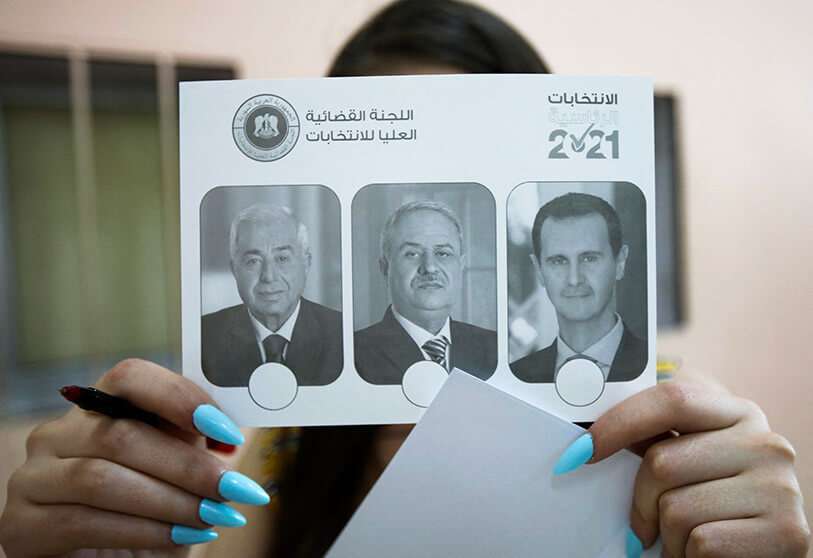
Syria remains a country at war, where the regime controls around 80% of the territory and maintains a strong campaign of repression against opponents and dissidents. Last May's presidential elections, apart from seeking to legitimise a fourth term in office for Bashar al-Assad under a supposedly democratic procedure, sought to offer an image of normality after ten years of civil war.
In this way, Bashar al-Assad intends to place the Arab country on the international stage and once again play a decisive role in the region, as well as to establish relations with neighbouring countries, relations that have been at a standstill since the beginning of the war.


